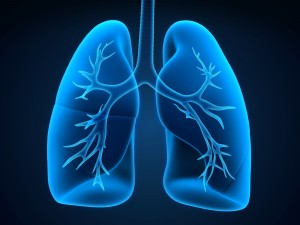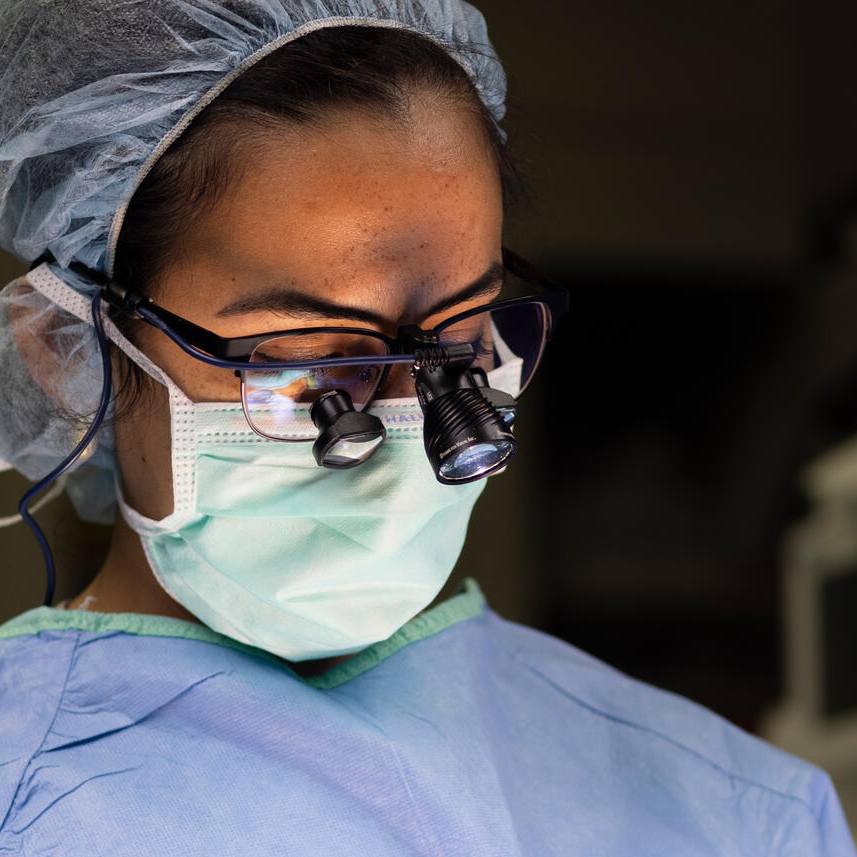-

Prompt Treatment Needed for Blood Clots in the Lungs
ROCHESTER, Minn. — September 20, 2012. Pulmonary embolism occurs when critical blood flow to lung tissue is blocked in one or more arteries. It can be fatal without prompt treatment. The September issue of Mayo Clinic Health Letter explains this condition, common symptoms, risk factors and treatment options.

Normally, blood circulates freely through arteries and veins. When pulmonary embolism occurs — blocking an artery — it is usually due to a blood clot fragment from elsewhere in the body that travels through the bloodstream to the lungs. Most often, these dangerous clots form in the large veins of the leg or pelvis, a condition called deep vein thrombosis.
Symptoms: They can vary widely, depending on how much of the lung is affected and the size, number and location of the clots. People with underlying heart or lung disease are more likely to have symptoms that may include:
- Sudden breathlessness, during activity or at rest
- Sharp chest pain that may become worse with inhalation
- Wheezing
- Clammy or bluish skin
- Rapid or irregular heartbeat
- Excessive sweating
- Weak pulse
Some people have no signs or symptoms other than those linked to deep vein thrombosis. Those symptoms may include leg redness, swelling or pain.
Risk factors: The danger of pulmonary embolism increases with age, especially after 60. Risk also rises with:
- Long periods of inactivity, due to hospitalization, bed rest, or even prolonged sitting during travel
- Certain medical conditions, including trauma and bone fracture, neurologic disorders that impair leg use, autoimmune disorders, some cancers and previous deep vein thrombosis
- Surgery, particularly orthopedic procedures involving the hip, knee or pelvis; major neurosurgery and cancer surgery
- Excess weight and smoking
Treatment: Pulmonary embolism is considered a medical emergency, but it can be difficult to detect. Symptoms may be similar to those of a heart attack, heart failure or pneumonia. A physician may suggest blood tests as well as a computerized tomography pulmonary angiogram or an ultrasound to help confirm the diagnosis. Medications to thin the blood or dissolve the clot are the most common treatments.
Mayo Clinic Health Letter is an eight-page monthly newsletter of reliable, accurate and practical information on today's health and medical news. To subscribe, please call 800-333-9037 (toll-free), extension 9771, or visit Mayo Clinic Health Letter Online.
###
About Mayo Clinic:
Recognizing 150 years of serving humanity in 2014, Mayo Clinic is a nonprofit worldwide leader in medical care, research and education for people from all walks of life. For more information, visit 150years.mayoclinic.org, www.mayoclinic.org and newsnetwork.mayoclinic.org.
Media Contact: Ginger Plumbo, 507-284-5005 (days), newsbureau@mayo.edu







